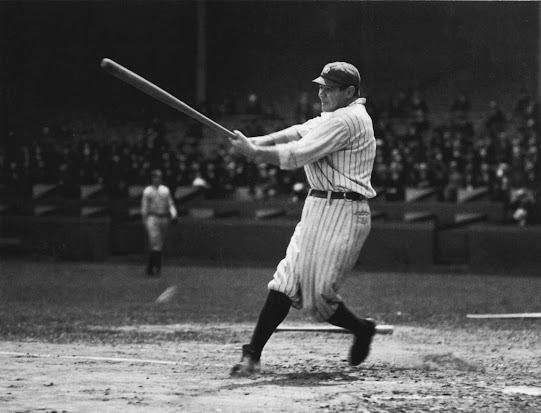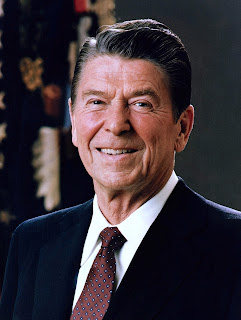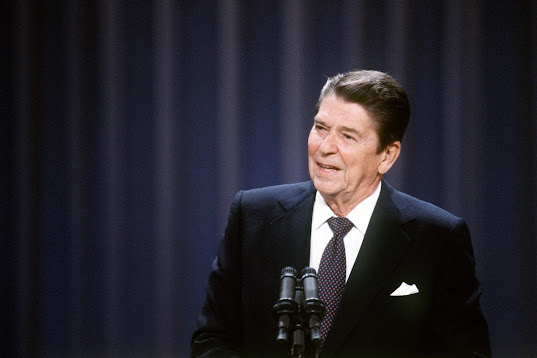Wilson was born in Staunton, Virginia, on December 28, 1856. He was the son of Joseph Ruggles Wilson, a Presbyterian minister, and Jessie Woodrow Wilson.
Wilson attended Princeton University, where he was a star student. He graduated magna cum laude in 1879 and then went on to study law at the University of Virginia.
After graduating from law school, Wilson taught history and political science at Bryn Mawr College and Wesleyan University. In 1890, he was appointed president of Princeton University.
Wilson served as president of Princeton for 12 years. During his tenure, he implemented a number of reforms, including the introduction of the graduate school and the establishment of the Woodrow Wilson School of Public and International Affairs.
In 1910, Wilson was elected governor of New Jersey. He served as governor for two terms, during which time he enacted a number of progressive reforms, including the establishment of a minimum wage and the workman's compensation law.
In 1912, Wilson was elected president of the United States. He defeated incumbent president William Howard Taft and former president Theodore Roosevelt.
As president, Wilson led the country through World War I. He was a strong advocate for the League of Nations, an international organization that was created to prevent future wars. However, the Senate rejected the Treaty of Versailles, which would have created the League of Nations, and Wilson was unable to get it ratified.
Wilson suffered a stroke in 1919 and was unable to complete his second term as president. He died in Washington, D.C., on February 3, 1924.
Wilson was a complex and controversial figure. He was a brilliant scholar and a gifted politician. However, he was also stubborn and inflexible, and he often alienated his allies.
Despite his flaws, Wilson was a significant figure in American history. He was a leading advocate for progressive reform and he played a key role in shaping the course of World War I. His Fourteen Points remain an important blueprint for a more peaceful world.
Here are some of the reasons why Woodrow Wilson is still remembered and admired today:
- His leadership: Wilson was a strong leader who guided the country through World War I and the creation of the League of Nations.
- His vision: Wilson had a vision for a more peaceful world and his Fourteen Points outlined his goals for a new world order.
- His legacy: Wilson's legacy is mixed, but he is still remembered as one of the most important presidents in American history.




















